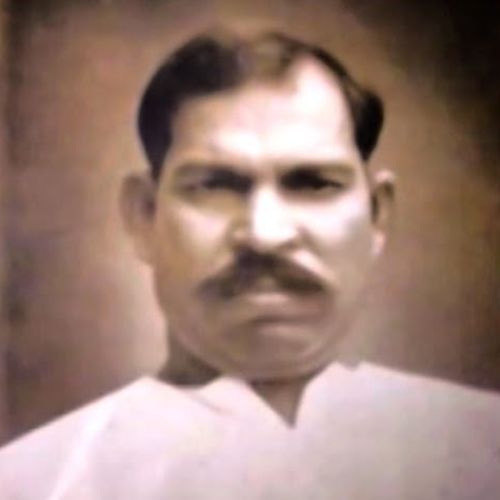Early Life
Shibban Lal Saxena was born in Agra on 13 July 1906. Having done primary and secondary education in Kanpur, he went on to procure professional degrees from the University of Allahabad and Agra University. Later, he was appointed a professor of Mathematics and Philosophy at St. Andrew’s College Gorakhpur.
Mahatma Gandhi’s teachings inspired him to take up socio-economic causes of the marginal sections of society. He took interest in the welfare of the labour class and was an active member and the president of several trade unions during and after the independence movement.
Role in India’s Independence Movement
Prof. Saxena was arrested several times and served a total of 13 years in jail for his participation in the independence movement. This included 10-year rigorous imprisonment for his involvement in the ‘Gorakhpur Conspiracy’ during the August 1942 Movement.
He was involved in the hartal in Kanpur to protest against the Jallianwala Bagh tragedy. He participated in several of Gandhi’s satyagraha, and in other Kisan, Mazdoor, Harijan and student movements.
Contribution to Constitution Making
Prof. Saxena was elected to the Constituent Assembly from the United Provinces on a Congress Party ticket. In the Assembly, he was a strongly favoured banning cow slaughter. He also intervened on provisions related to the President and prohibition of intoxicating drinks and drugs.
Later Contributions
Saxena was a seasoned Parliamentarian and was appointed to the first, second and fifth Lok Sabhas. He was an Indian representative at several labour conferences.
- During the discussion regarding the tenure of Presidency, he argued that the term of office of the President must be synchronised with the term of the Parliament.
- He strongly favoured a ban on cow slaughter on both religious and economic grounds.
- He proposed that the prohibition on intoxicating drinks and drugs be relaxed in cases of medical necessities.

